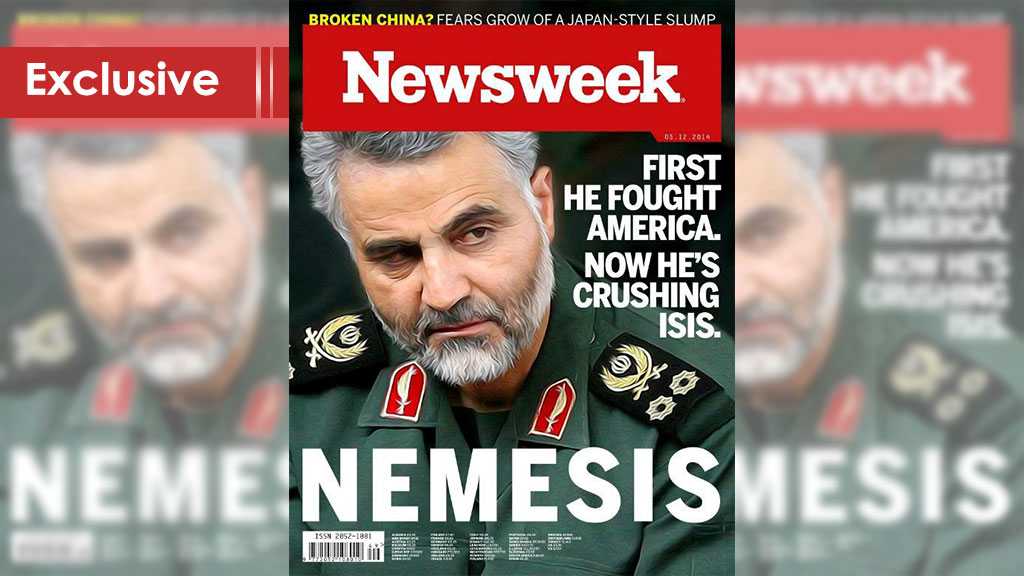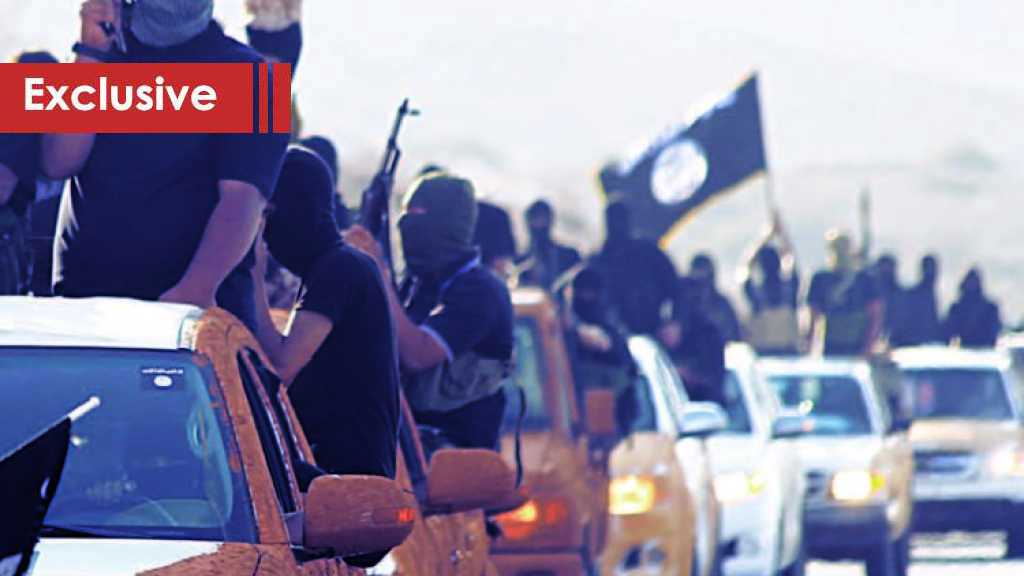
General Soleimani in the Eyes of Western Media

By Muna Issa
Beirut – The assassination of top Iranian commander Qassem Soleimani drew the eyes and ears of the entire planet. Iranians and Iraqis mourn, the United States and “Israel” gloat, and world powers wait intently for what was coming for the Middle East. As tensions arose, Western media reports the assassination, and we observe the reaction of the public.
While one side of the world has had enough of conflict, poverty and colonial violence, the other side of the world not only comes to post jokes about the death which has upset millions, but also gloat and celebrate the murder of who they deem as a “terrorist.” We couldn’t blame the American public much, though – this only reflects what they’ve been taught through their news outlets, which are far from trustworthy.
In addition to that, there isn’t much escape from the supremacist mindset in a country like the United States, no matter how egalitarian one might attempt to be. It is deeply embedded in the brain, hence the lack of accountability for the US military’s actions. Neither was it brought salient that this dreadful incident was a breach to international law, nor was there any sense of remorse for the mere act of murder. Sadly, the US public expressed their cheerfulness as though General Soleimani had hurt them personally.
However, we witnessed a dramatic shift in American public opinion after tensions escalated further when Iran vowed a strong retaliation. Opinions shifted from “We killed the bad guy” to “What have you done?”. What was supposedly used to make Americans feel “safer” backfired severely. It is to Iran’s knowledge that they are dealing with a ruthless narcissist; a country built on lack of accountability – the idea that they could treat countries, cultures, systems, and people wickedly and get away with it.
Then came the speech of Sayed Hassan Nasrallah, which changed the game. In short, Nasrallah declared the expulsion of United States forces from the region – a milestone decision in our time. Although this would normally startle the masses, Western journalism experienced a different reaction to the news.
What is interesting is that what Western journalism has painted General Soleimani to be is something along the lines of a “murderer” and “terrorist.” The idea presented to the public serves as a weapon of legitimacy for potential wars and assassination. However, it seemed as though outlets have taken two steps back, and “played nice” after Iran and Hezbollah’s reactions. Rather than calling General Soleimani what they used to call him, articles written on January 5, 2020 neither gave analysis nor propaganda. What moved the American public most is Nasrallah’s exclusion of US citizens from their target. In contrast with their ideas on what Hezbollah is as an organization, the public expressed emotions which came to be a mixture of surprise, bewilderment and relief. The Washington Post, one of the United States’ top newspaper outlets, published an article of the title ‘Hezbollah Says Retribution for Soleimani’s Death Must Target US Military, Not Civilians.’ Americans, whose trust for their news outlets is built on fear and need for military protection, may have a chance to develop new ideals about the other side of the world. This could also mean that they are losing trust in their government (regardless of their politics).
Western media is playing an immense role in shaping opinion. At a very rare occurrence in time, they’re somehow withdrawing their previous ideals of General Soleimani in journalism in attempt to de-escalate tensions.



